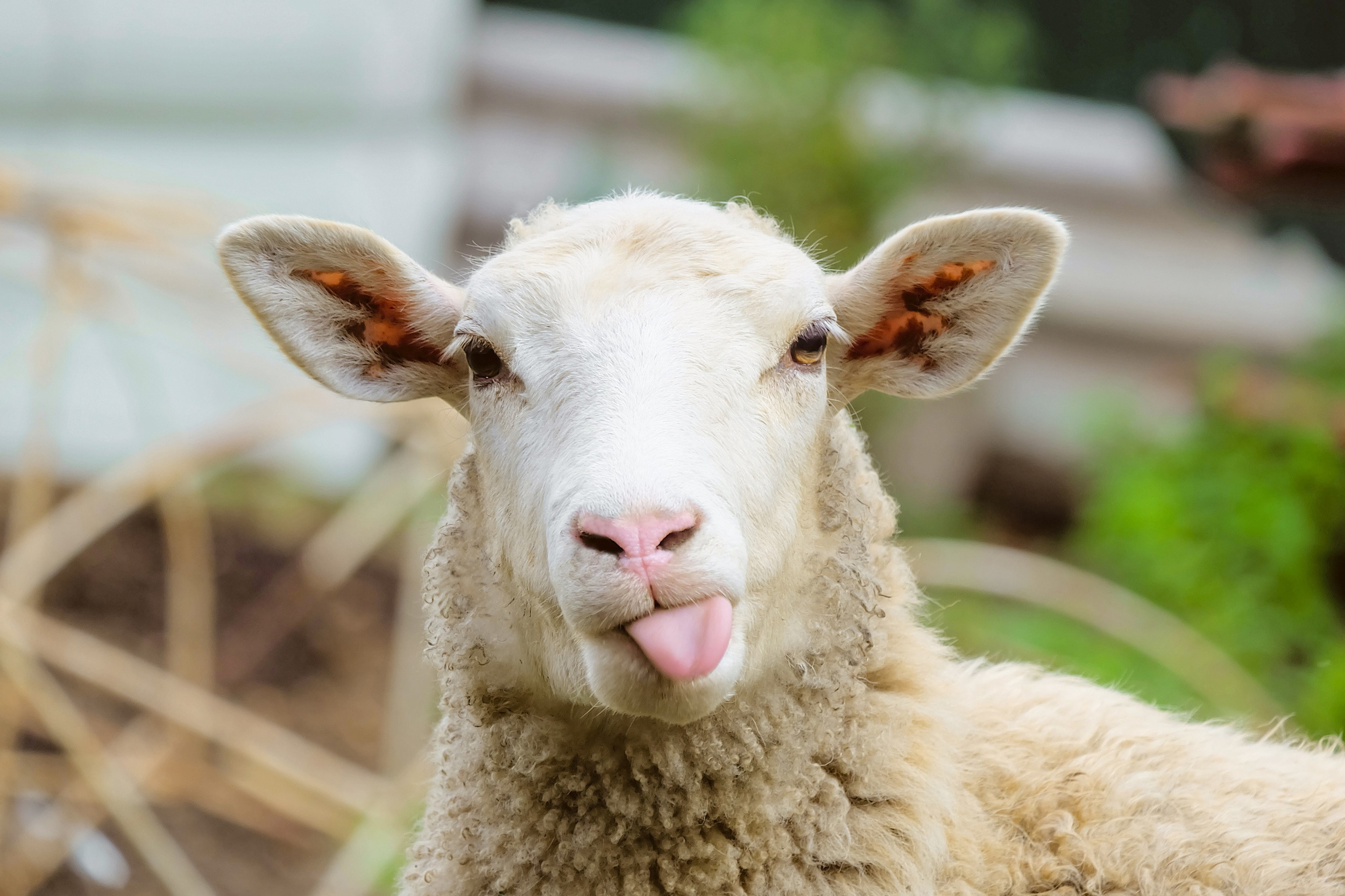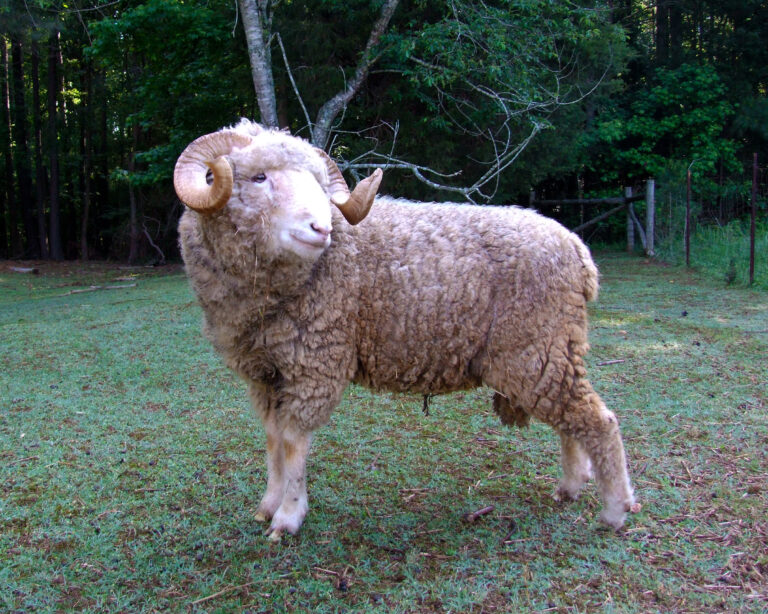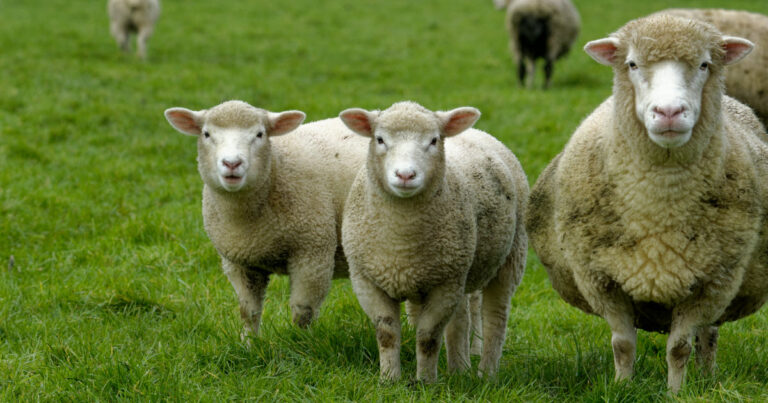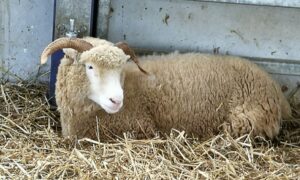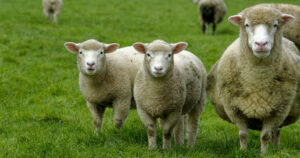Raising Dorset Poll sheep with a focus on effective meat production requires implementing the right techniques and strategies. Dorset Polls are a highly regarded breed known for their exceptional meat quality and versatility. This article will provide a detailed overview of the key techniques involved in raising Dorset Poll sheep for efficient meat production.
Selecting Quality Breeding Stock
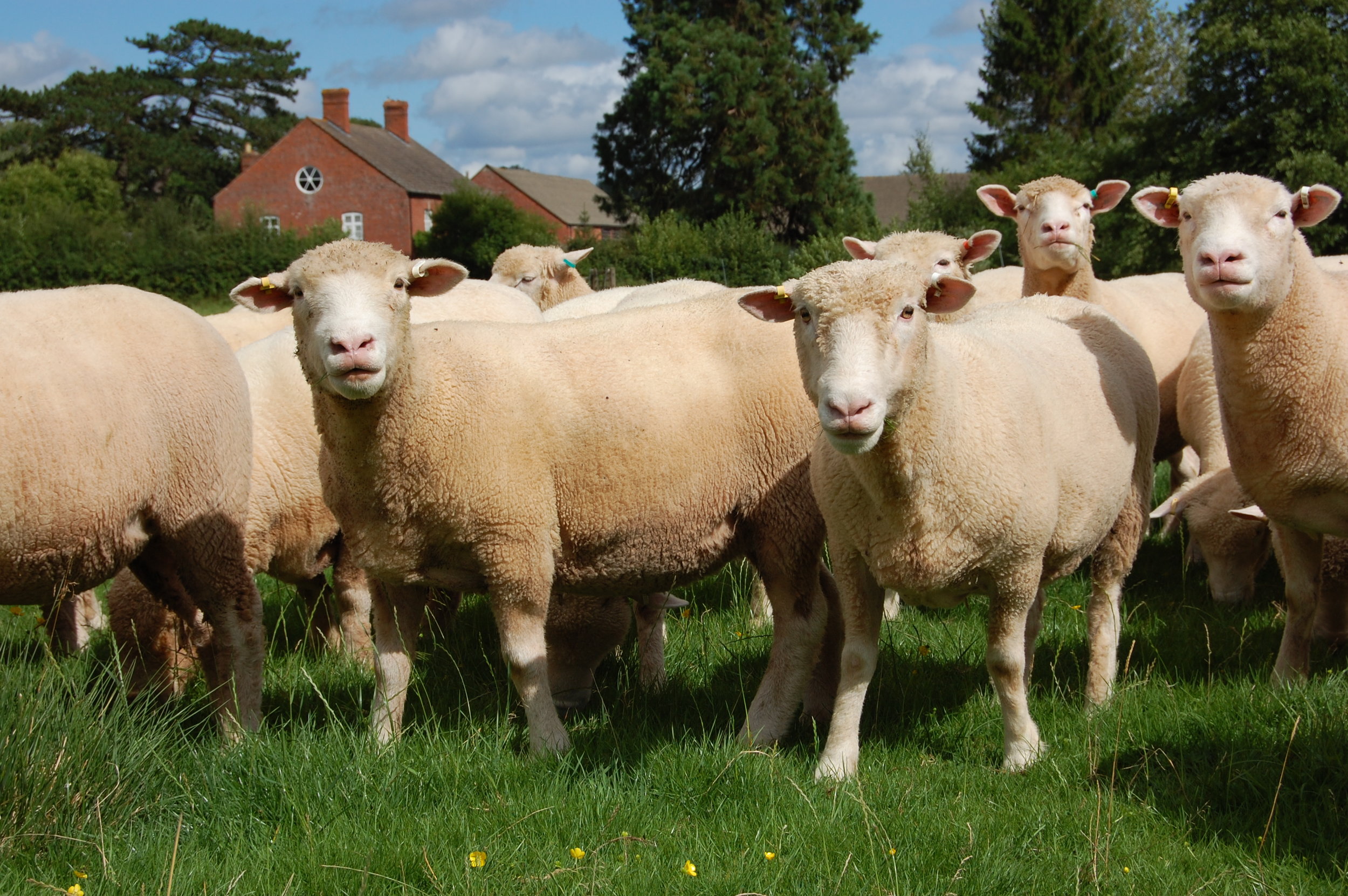
The foundation of successful meat production lies in selecting high-quality breeding stock. Look for Dorset Poll sheep with desirable traits such as good conformation, strong muscle development, and excellent growth potential. Choose rams and ewes with proven genetic backgrounds for superior meat characteristics to ensure the production of high-quality offspring.
Optimal Grazing and Pasture Management
Providing Dorset Poll sheep with optimal grazing conditions is crucial for their overall health and meat production. Ensure access to clean and nutritious pasture with a suitable forage mix. Rotate pastures regularly to prevent overgrazing and maintain the quality of the grazing area. Adequate pasture management practices, including proper fertilization and weed control, will enhance the nutritional value of the forage and contribute to efficient meat production.
Proper Nutrition
To achieve effective meat production, Dorset Poll sheep must receive a well-balanced diet that meets their nutritional requirements. Provide a combination of high-quality forage, such as grass and legumes, along with supplemental feed if necessary. Consider consulting with a livestock nutritionist to develop a diet plan that optimizes growth and muscle development. Adequate access to clean water is also essential for proper digestion and overall well-being.
Health and Disease Management
Maintaining the health of Dorset Poll sheep is crucial for efficient meat production. Implement a comprehensive health management program that includes regular vaccinations, deworming, and monitoring for common sheep diseases. Provide proper shelter and ventilation to minimize stress and prevent respiratory issues. Regularly inspect the flock for any signs of illness or parasites and take prompt action when necessary.
Breeding and Reproduction
Efficient meat production in Dorset Poll sheep involves strategic breeding and reproduction practices. Implement a well-planned breeding program to ensure optimal lambing rates and minimize reproductive issues. Consider using techniques such as controlled breeding seasons and artificial insemination to maximize genetic potential and improve meat quality. Proper care during the lambing process, including adequate nutrition and timely intervention, will contribute to the overall success of meat production.
Monitoring and Record-Keeping
Maintaining accurate records is essential for effective meat production in Dorset Poll sheep. Keep detailed records of breeding dates, lambing records, health treatments, and growth rates. Regularly monitor weight gain and body condition scores to assess the effectiveness of the feeding program. These records will help identify any areas for improvement and enable informed decision-making to optimize meat production.
Conclusion
Raising Dorset Poll sheep for effective meat production requires a combination of careful selection, proper nutrition, sound health management, and strategic breeding practices. By implementing these techniques and continuously monitoring and adjusting management strategies, farmers can achieve optimal meat quality and maximize their returns. Remember, a well-managed flock of Dorset Poll sheep can provide both satisfaction and economic success for meat production endeavors.

